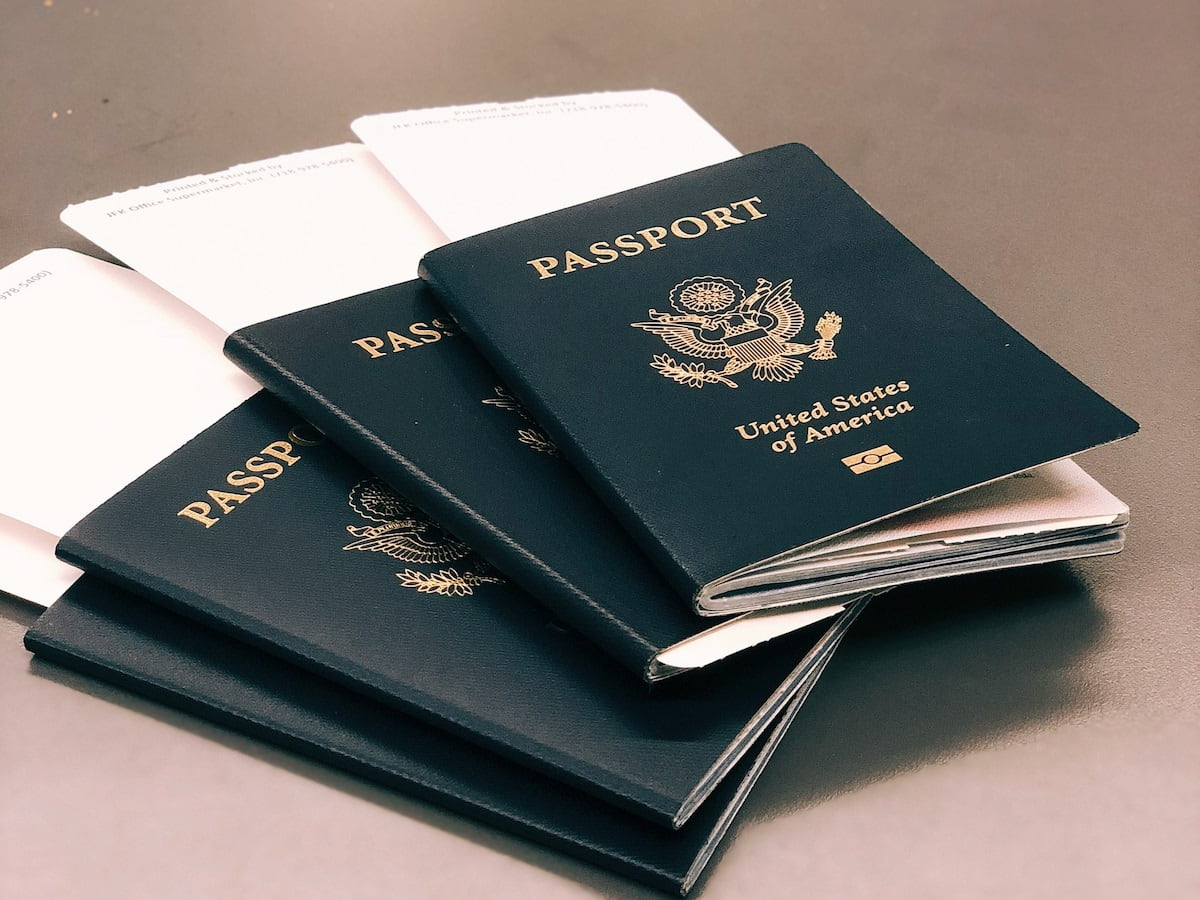The allure of a cruise vacation is undeniable–crystal blue waters, exciting destinations, and endless onboard entertainment. But before you set sail, there’s one crucial question to ask. Do you need a passport? The answer, like many things in travel, depends on the specifics of your cruise.
Closed-Loop Cruises: Sail Without a Passport
For U.S. citizens setting sail on a “closed-loop cruise,” a passport isn’t always mandatory. Closed-loop cruises depart from and return to a U.S. port. Oftentimes, the return port is the same as the departure one. The most common destinations for these types of cruises are the Caribbean, Bermuda, the Bahamas, and Mexico. In these cases, you may be able to disembark and reboard the ship with alternative documentation, such as:
- Boarding Pass for Your Cruise
- Government-Issued Photo ID:
This could be your driver’s license if you’re 16 or older. - Proof of U.S. Citizenship:
A certified birth certificate or certificate of naturalization covers this requirement.
Let’s take Disney’s Castaway Cay as an example. Cruise itineraries that visit this private Disney-owned island allow visitors to disembark from the ship and explore the activities on land. But while the island is Bahamian territory, visitors cannot access or travel to any other part of the Bahamas. At the end of their excursion, travelers return to the ship and come back to U.S. mainland. Therefore, a passport isn’t required for this journey.
Important Note
While some cruise lines allow this alternative for closed-loop cruises, it’s always best to double-check their specific requirements. This information can usually be found on the cruise line’s website or by contacting customer service directly.
Why a Passport is Still Recommended (Even for Closed-Loop Cruises)
Even if a passport isn’t mandatory for your closed-loop cruise, here’s why it’s highly recommended to bring one:
- Unexpected Situations:
Cruise itineraries can change due to weather or other unforeseen circumstances. A passport allows you to disembark at an unplanned port if needed. - Shore Excursions:
If you plan on partaking in shore excursions, those activities often take place further inland away from the immediate port. These can be ziplining, short day hikes, or ATV riding. A passport is more often than not required to enter the country. - Medical Emergencies:
In case of a medical emergency requiring air travel back to the U.S., a passport is essential. - General Peace of Mind:
Having a passport onboard simply provides peace of mind, knowing you’re prepared for any scenario.
Open-Loop Cruises: Passport Required
Open-loop cruises, as the name suggests, begin in one port and end in another. These cruises often include fascinating destinations in Europe, Asia, or South America. Since these itineraries involve international travel, a valid passport is mandatory for all passengers, regardless of nationality.
Passport Validity: A Key Detail
Here’s another crucial point. Ensure your passport is valid for at least six months beyond your cruise’s end date. Many countries have this requirement for entry, and cruise lines may deny boarding if your passport doesn’t meet this criteria.
Renewing or Applying for a Passport? Plan Ahead
The processing time for a new U.S. passport can take several weeks, so plan accordingly. Expedited processing is available for an additional fee, but it’s still wise to begin the application process well in advance of your cruise.
If the $165 fee for a traditional Passport Book seems daunting to you (and you don’t travel internationally by air often), you can explore the option of obtaining a Passport Card. Cards are only $65, but they can only be used at land and sea borders from Canada, Mexico, Bermuda, and the Caribbean. They have the same length of validity as the more common Passport Book: 10 years. Passport Cards cannot be used for air travel and are not accepted at airport customs.
While a passport may not always be mandatory for a closed-loop cruise, it’s strongly recommended for all cruise types. A passport allows for greater flexibility, peace of mind, and ensures you’re prepared for any unexpected situations that might arise during your voyage.





